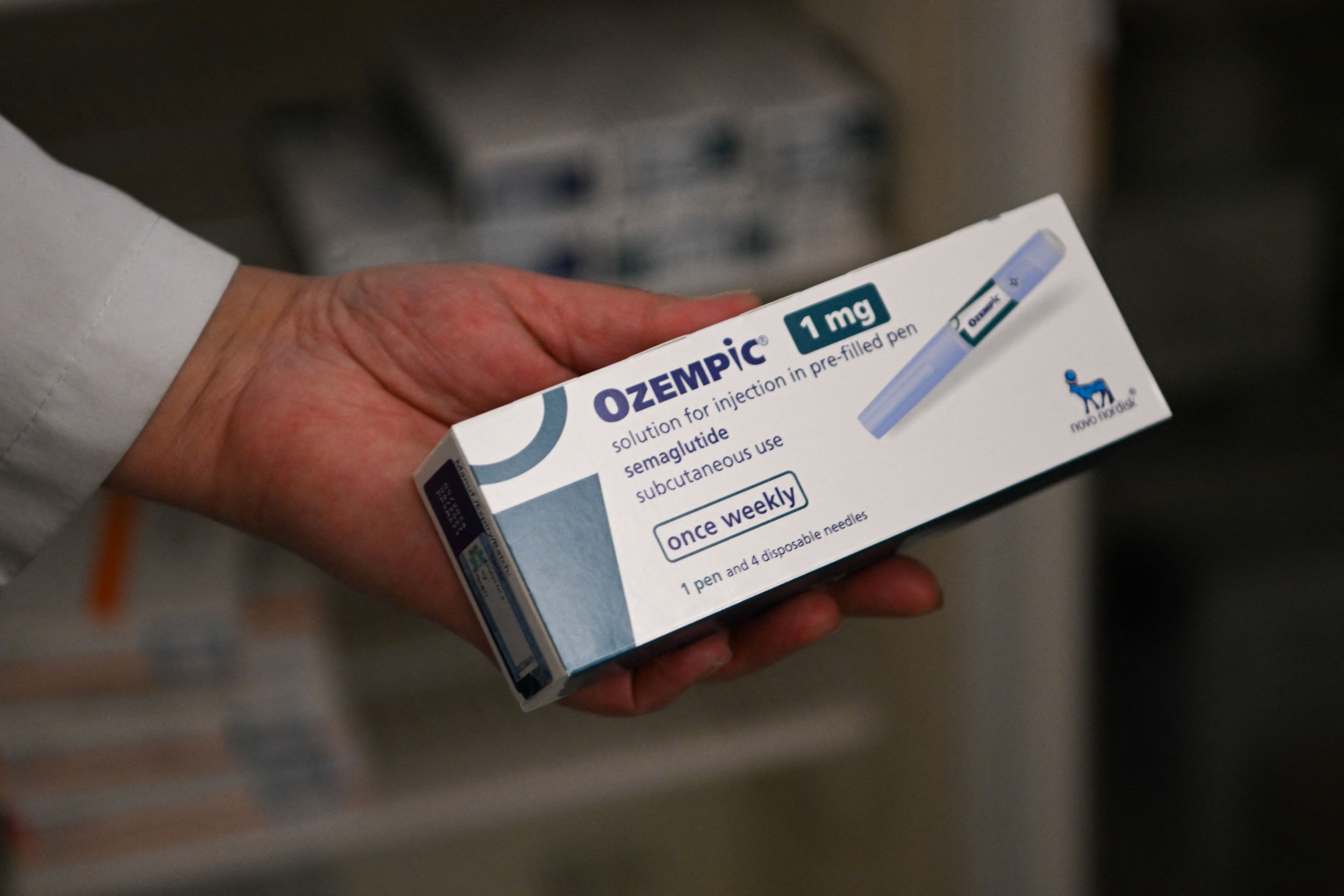
The Trump administration is preparing a five-year pilot program that would allow Medicare and Medicaid to cover some of the most in-demand weight-loss drugs, a move that could transform obesity treatment for millions of Americans.
The plan, which includes medications such as Ozempic, Wegovy, Mounjaro and Zepbound, represents a reversal in federal policy and signals a broader willingness to use public insurance to address the nation’s obesity epidemic.
Why It Matters
The drugs, known as GLP-1 receptor agonists, were initially developed to treat Type 2 diabetes but have become a cultural phenomenon for their ability to suppress appetite and help patients lose as much as 20 percent of their body weight in clinical trials.
The pilot builds on a proposal introduced in the final months of the Biden administration but shelved earlier this year when officials under President Donald Trump announced Medicare and Medicaid would not cover weight-loss medications.
What To Know
According to documents obtained by The Washington Post, the program would allow state Medicaid programs and Medicare Part D plans to voluntarily cover GLP-1 drugs for weight management.
The initiative is scheduled to begin in April 2026 for Medicaid and January 2027 for Medicare and will be administered through the Center for Medicare and Medicaid Innovation, which tests new payment models designed to reduce costs and improve care.
Chiquita Brooks-LaSure, who led the Centers for Medicare and Medicaid Services under former President Joe Biden, told the Post the experiment would be a “game changer” if it expands access to obesity treatments. “Increased coverage of anti-obesity medications in Medicare and Medicaid was a priority during my tenure because scientists and clinicians increasingly believe obesity is a serious health condition that should be treated accordingly,” she said.
Photo by ARMEND NIMANI/AFP via Getty Images
The program faces a major hurdle: price. GLP-1 drugs typically cost from $5,000 to $7,000 a year, raising questions about whether widespread coverage is sustainable. “The short-term cost is still huge,” Dr. Cynthia Cox, vice president at KFF (formerly Kaiser Family Foundation), told Newsweek. “$1,000 a month per person is a massive outlay.”
A KFF analysis found that Ozempic’s U.S. list price is $936 a month—more than five times the cost in Japan, where it sells for $169. Wegovy, which contains the same active ingredient, costs roughly $1,349 a month in the U.S., compared to $328 in Germany.
At the moment, 13 state Medicaid programs cover GLP-1 drugs for obesity. Medicare limits coverage to patients with related conditions such as diabetes or heart disease. With about 70 million people enrolled in Medicaid and 65 million in Medicare, even partial expansion could affect a significant share of the population.
Ethicists warn of the potential economic fallout. “These drugs help over 50 percent of people lose up to 25 percent of their body weight,” said Dr. Robert Klitzman, a Columbia University bioethicist, in an interview with Newsweek. “But they cost around $12,000 a year. If two-thirds of Americans needed them, it would bankrupt the health care system.”
Despite the financial concerns, GLP-1 medications are generating enthusiasm among doctors for their ability to improve multiple health markers beyond weight loss. Clinical trials show they can reduce blood sugar, lower blood pressure and improve cardiovascular outcomes.
“Ozempic and other GLP-1 drugs are changing how we approach obesity, both in the doctor’s office and for society in general,” Dr. Raj Dasgupta, chief medical adviser for Garage Gym Reviews, told Newsweek. “They’re helping shift the conversation from ‘this is a personal failure’ to ‘this is a medical condition that deserves real treatment.'”
The Congressional Budget Office estimates that adding obesity coverage could cost Medicare $35 billion from 2026 to 2034.
What People Are Saying
A spokesperson for Novo Nordisk, which manufactures Ozempic and Wegovy, told The Washington Post: “We believe that comprehensive coverage through government and commercial insurance plans is critical to affordable health care and treatment options.”
Klitzman also said in the interview with Newsweek: “Insurance doesn’t always cover it, especially for people who don’t have diabetes or heart disease. Initially, the drugs were approved for diabetes-related obesity, but doctors have been prescribing them to people who are just overweight, without those conditions.”
What Happens Next
With more than 100 million U.S. adults classified as obese and 22 million considered severely obese, according to the Centers for Disease Control and Prevention, the program’s potential impact is vast. The proposal is not final and could undergo a formal public comment period before implementation.
